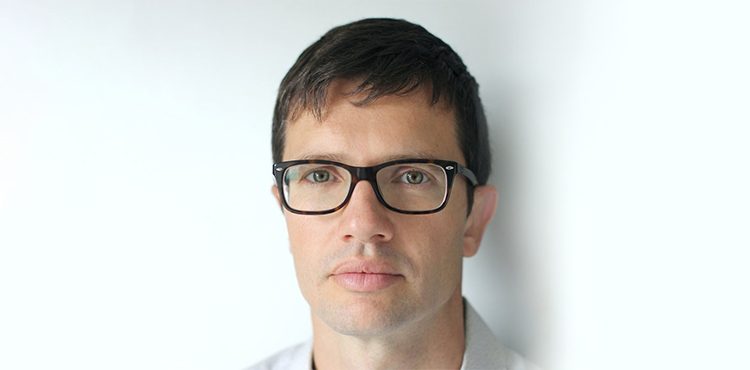
Decoding Data Analytics with Laurent Billot
Laurent Billot is Director of the Statistics Division at the George Institute and a Principal Research Fellow at The University of Sydney. He is an accredited statistician by the Statistical Society of Australia.
Laurent is responsible for the design, analysis and reporting of numerous medical studies ranging from health surveys and epidemiological studies to multinational Phase III/IV trials in oncology, critical care and cardiovascular disease.
Q. What is the importance of data analytics for tackling public health challenges?
Laurent: Data analytics and in particular machine learning methods are still relatively new in health despite the fact that they have been used for a while in other domains such as finance or engineering. With the increasing size and availability of health data, there is however increasing scope for data analytics methods in public health in particular when analysing large heterogeneous sources of data.
Q. What are the core components of data analytics?
At this stage, the core components consist in better understanding what data analytics approaches can achieve and what capacity (infrastructure, training, collaborations) we need to develop to be in a position to apply data analytics to our studies.
Q. How can data analytics help achieve our larger vision and goals of better treatment, better prevention and healthier societies?
We hope that by applying data analytics methods smartly, we might be able to conduct more efficient trials, better target treatments (e.g. by identifying individuals that are the most likely to respond), develop new prediction algorithms (e.g. cardiovascular risk) as well as be better able to identify potential gaps in health service delivery. These are just examples of how, if successful, it could potentially support our strategy.
Q. What is the overall aim of the Delhi data science consultation and how it fits into the global strategy?
An overall goal of the Delhi meeting is to identify priorities around the use of data and in particular routinely collected data that might be accessible for secondary uses. The meeting will bring together a range of internal (George Institute) and external stakeholders who will bring different perspectives. We hope that by better understanding the type of data available in various countries, some of the key issues and opportunities, we will be able to refine our 2025 strategy. By the end of the meeting, I expect to have a set of objectives that will contribute to the global strategy while leveraging health data and, where relevant, innovative data analytics methods.

